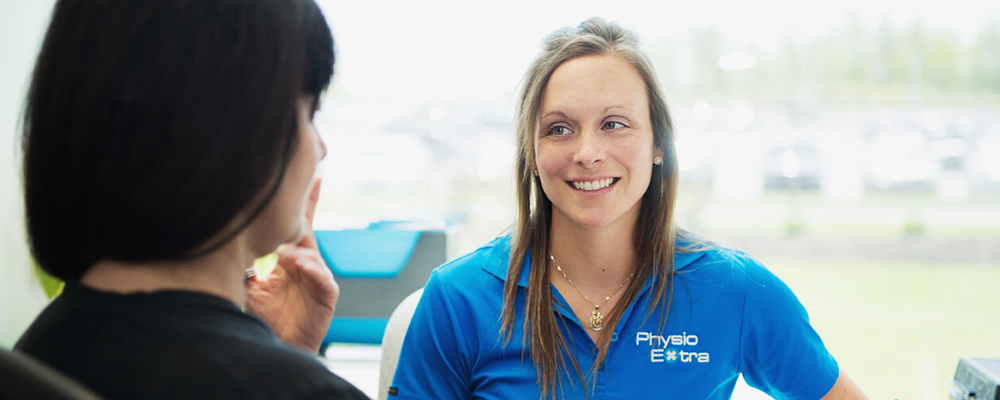
Occupational therapy in mental health
What is occupational therapy?
The role of the occupational therapist is to assess the impact of an injury or illness on your ability to perform all your activities such as work, activities of daily living (cleaning, cooking, etc.) and recreation. The occupational therapist intervenes to restore the functioning necessary for a satisfactory quality of life for you.
What is occupational therapy in mental health?
Occupational therapy in mental health is for anyone whose daily functioning is affected by a psychological condition. Different mental health disorders can be the source, such as burnout, anxiety disorders, depression, and post-traumatic stress disorder. These mental disorders may or may not have been caused by a specific event, accident or physical injury.
How are the meetings going?
First meeting
After a brief history related to the reason for consultation, the occupational therapist seeks to understand which symptoms have an impact on your functioning. It can be:
- physical symptoms, such as fatigue or pain
- cognitive symptoms, such as difficulty concentrating or remembering
- psychological symptoms, such as anxiety
- emotional symptoms, such as mood swings
These symptoms can have an impact on different areas of functioning, such as your sleep, your hobbies, your social or professional life. Your surroundings, such as whether or not there is a support network around you, is always taken into account.
At the end of the first session, the occupational therapist will be able to understand what your expectations are in order to establish a treatment plan that includes goals that are meaningful to you and concrete ways to achieve them.
This first evaluation meeting usually lasts 60 to 120 minutes.
Follow-up meetings
The following meetings are used to guide you in reaching your goals. The obstacles, if present, are identified to act on them and the occupational therapist explores with you what are the realistic means to put in place in the next week to achieve your goals.
Follow-up meetings usually take place once a week and last 50 minutes. Meetings can take place in a clinic, in a closed office, or in telerehabilitation. Occasionally, if relevant, the occupational therapist may move around your environment, such as at work, or invite a significant person around you to a meeting.
A follow-up in occupational therapy in mental health generally lasts between 6 weeks and 3 months. Depending on the needs, the follow-up can be extended up to 6 months.
What results can you expect?
At the end of the follow-up, you will be equipped to maintain good mental and physical health over the long term. In general, you can expect:
- An improvement in your quality of life
- A complete return to work (if you were off work)
- A resumption of all your social and leisure activities
- Improved sleep
- Improved energy level
- An improvement in your interpersonal relationships
- A better balance between the different spheres of your life
- Greater daily satisfaction
What is the difference with a psychologist?
The occupational therapist works in an interdisciplinary manner in collaboration with other professionals, including the psychologist and the doctor. He differs from the psychologist by the fact that he focuses on solving problems related to the functional impacts of your condition, here and now. The occupational therapist is inspired by the cognitive-behavioral approach and implements concrete means to achieve your goals and improve your quality of life. It is recommended, but not mandatory, to have a diagnosis before consulting in occupational therapy.
In clinic or in telerehabilitation?
You could meet your therapist in clinic or directly from your home, thanks to telerehabilitation. All you must do is connect to a secure video platform on your computer, tablet, or smartphone. We are with you every step of the way which is very simple even for someone uncomfortable with technology.
Many clients have told us that they prefer telerehabilitation for the simplicity of the process and the fact that they do not have to travel to the clinic (saves time and fuel). They also told us that they feel more proactive this way, which helps them progress faster.
During the pandemic, more than 3,400 mental health occupational therapy sessions took place through telerehabilitation between April 1 and July 1, 2020.
To make an appointment
To meet with a mental health occupational therapist, complete the form below.
